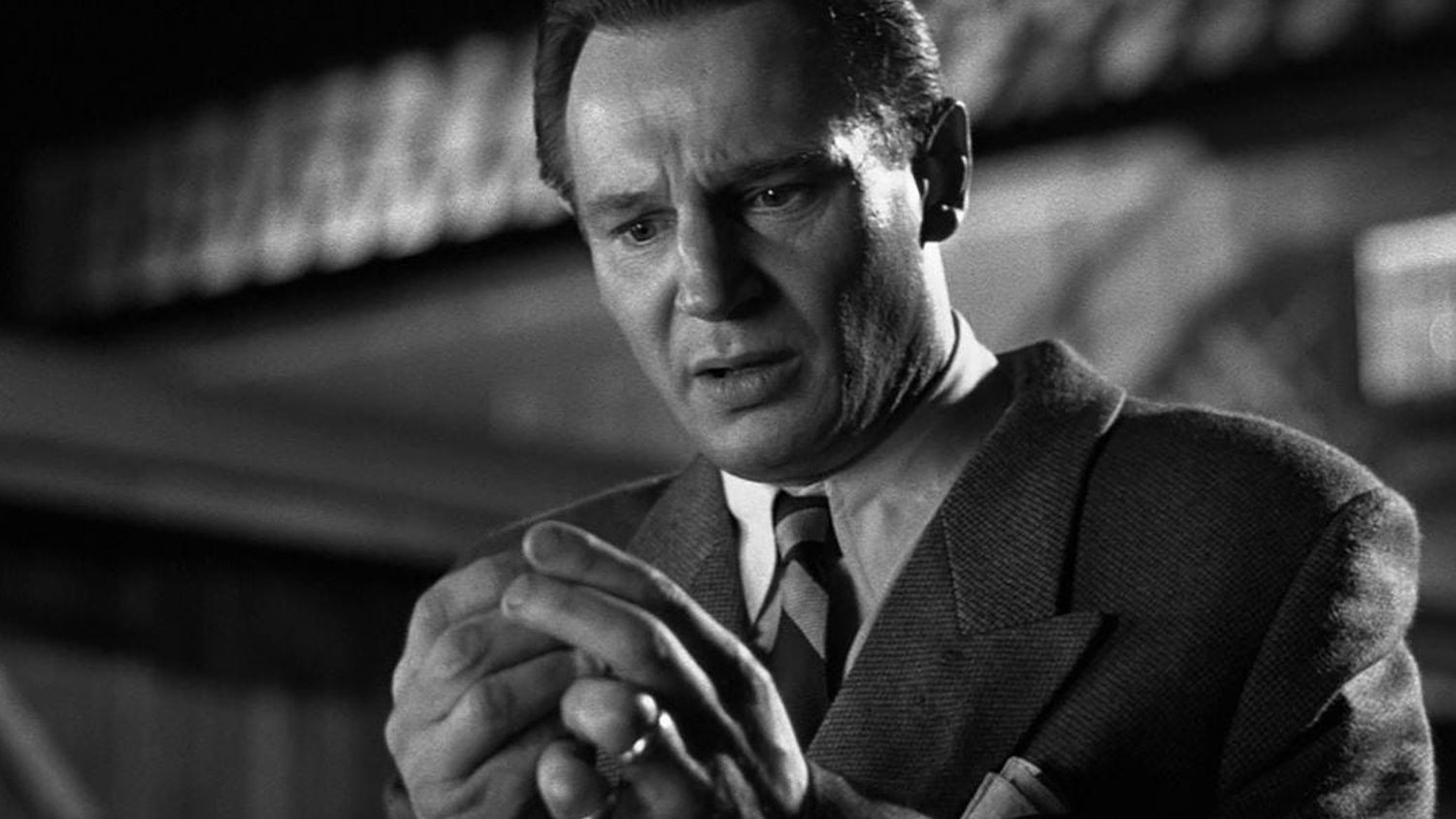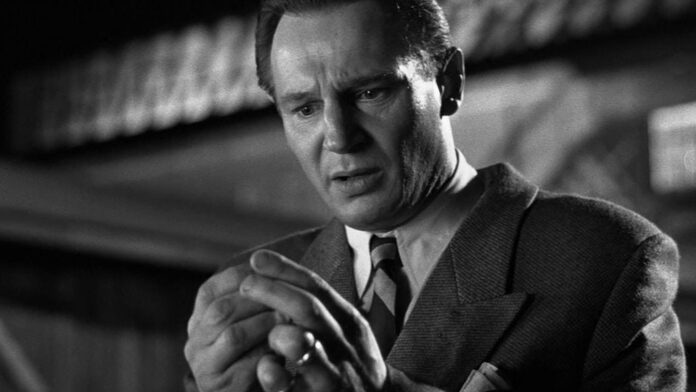Joey Paur
Curated From geektyrant.com Check Them Out For More Content.

As you may or may not know, Martin Scorsese was originally set to direct the powerful 1993 historical drama Schindler’s List. During a recent interview with Deadline, Scorsese shared why he ended up not directing the film and put it into the capable and caring hands of Steven Spielberg.
There were a variety of reasons that led to Scorsese’s decision with this film project, and he explained:
“For Schindler’s List, I hired Steve Zaillian, and Steve and I worked on the script. I was about to direct it. But I had reservations at a certain point. Don’t forget, this is 1990, I’d say. I did The Last Temptation of Christ in 1988. The whole point of that movie was to start a dialogue about something which is still important to me, which is the nature — the true nature — of love, which could be god, could be Jesus. I’m not being culturally ambivalent here, it’s what’s in us. Is god in us? I really am that way; I can’t help it. I like to explore that.”
Scorsese then went on to explain that he felt the story of Oscar Schindler would probably be better served being told by a Jewish person, and why Spielberg was the filmmaker that he eventually brought the project to:
“In the case of Schindler’s List, the trauma I had gone through was such that I felt to tackle that subject matter… I knew there were Jewish people upset that the writer of The Diary of Anne Frank was gentile. I heard that there were people who complained about Schindler, that he used the inmates to make money off them. I said, ‘Wait a minute.’ I could… well, not defend him, but argue who he was. I think he was an amazing man, but I didn’t know if I was equipped for it at that time. I didn’t have the knowledge. I remember Steve Spielberg, over the years, mentioning it to me all the time. He held up the book when we on a plane going to Cannes, and he said, ‘This is my dark movie and I’m going to make it.’”
“I used the phrase at the time, ‘I’m not Jewish.’ What I meant was, it’s the old story that the journey had to be taken by a Jewish person through that world, and I think Steven also learned that. He came from… [pauses] where is The Fablelmans set, Phoenix? He told me there were only 200 Jews in Phoenix. I couldn’t believe it. Because I come from the Lower East Side, and grew up with the Jewish community. I wasn’t being altruistic, but it just made sense to me that he was the person who really should go through this. I was concerned that I wouldn’t be able to do justice to the situation.”
In the end, Scorsese made the right decision and Spielberg went out and made an incredibly powerful film that was beautiful, emotional, and gut-wrenching.

